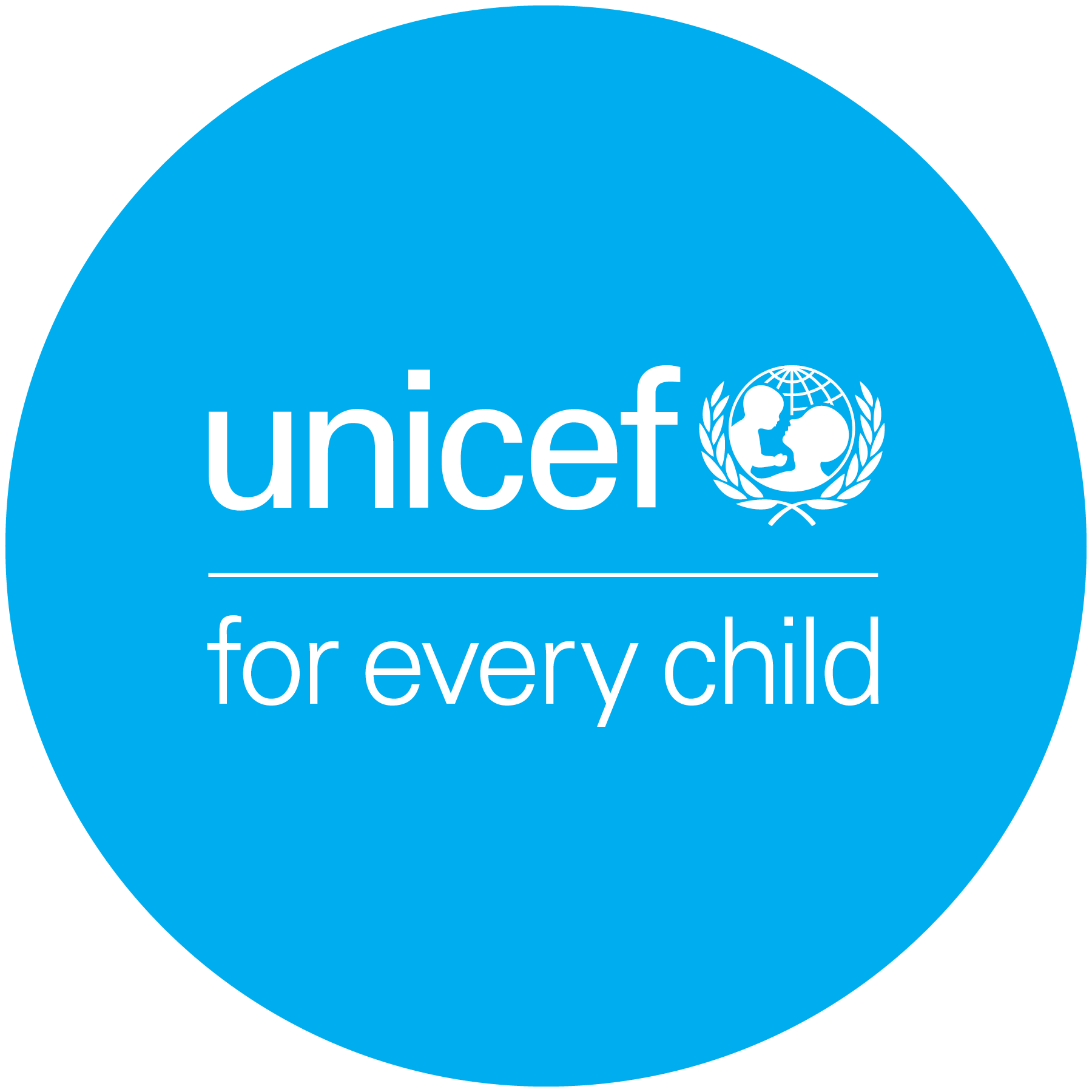Home - Our programs - Emergency Response
Implementing child protection responses in emergencies is critical to our work at Nisma ARSIS. We recognize the heightened vulnerabilities that children face during emergencies, whether they be natural disasters, armed conflicts, refugee fluxes, or other crises. Our approach to this involves a swift and coordinated response aimed at ensuring the safety, well-being, and protection of children in these challenging circumstances. Key components of our approach include:

We conduct rapid assessments to quickly understand the impact of the emergency on children and identify their most pressing needs.
We create safe spaces (child friendly, and dedicated spaces for women and girls and mothers) where children/women and girls can seek refuge, receive protection, and access essential services.
We offer psychosocial support to help children cope with the emotional and psychological effects of the emergency. This may include counseling, group activities, and recreational therapy to promote healing and resilience.
In cases where children are separated from their families during the emergency, we work to reunite them as quickly as possible in support to the existint agencies and state authorities.
To provide a wide range of essential services, including healthcare, education, and social services, which are crucial for the successful integration of the vulnerable groups.
Our response prioritizes the specific needs and rights of children, ensuring that they have access to essential services such as healthcare, education, and protection from exploitation and abuse.
We provide training and support to local authorities, organizations, and community members to enhance their capacity to respond effectively to child protection needs in emergencies.
We work closely with other humanitarian actors, government agencies, and community stakeholders to coordinate our response efforts and ensure a comprehensive approach to child protection in emergencies.
Since August 2021, Albania has become one of the hosted countries, with more than 6000 Afghan refugees resettled. Rafaelo Resort in Shengjin is the only place of Afghan refugee accommodation in Albania. Nisma ARSIS has spearheaded psychosocial support services and the implementation of the Gender-Based Violence (GBV) and child protection reporting mechanism. Over the past two years, this intervention has been conducted in collaboration with UNICEF Albania, with a strong focus on providing psychosocial services, raising awareness, offering direct support for GBV and child protection, and strengthening the child protection system.Child-Friendly Spaces, Mother and Baby Corners, and Women and Girls Friendly Spaces have been operational in informing and preventing GBV and child protection issues within the Afghan nationals’ community, utilizing creative and innovative approaches to engage children, women, and girls. Furthermore, a GBV and Child Protection Referral Pathway has been established and shared with service providers, serving as a positive intervention model.
Nisma ARSIS in partnership with Iom Albania is committed to support the voluntary integration of Afghan nationals into local communities in Albania, with a particular focus on the municipalities of Tirana and Lezha. The initiative responds to the conducive conditions for integrating Afghan nationals, with the involvement of Nisma ARSIS and other NGOs and international organizations. These entities collaborate closely with local government authorities to provide a wide range of essential services, including healthcare, education, and social services, which are crucial for the successful integration of these individuals.
In response to the growing need for comprehensive protection measures within the humanitarian sector, Nisma ARSIS, in partnership with UNICEF Albania, initiated a targeted training intervention aimed at equipping all personnel involved in supporting the Afghan community at the Afghan processing platform in Albania with a thorough understanding of Sexual Exploitation and Abuse (SEA). This initiative underscores the critical importance of preventing and responding to SEA, particularly in settings where vulnerable populations are at heightened risk.


Nisma për Ndryshim Shoqëror ARSIS is a member of the Code of Standards for Civil Society Organizations.
Administrative Office of Nisma ARSIS
Rr. Sali Butka, Pallati T.B.M, Ap 1, Njësia Administrative nr.7, PC 1023, Tirana Albania
Multifunctional Center “House of Colors”
Rr. Sali Butka, Ish-Nshrak, Administrative Unit no.7, PC 1023, Tirana Albania
Early Childhood and Family Supporting Center
Rr. Isuf Elezi, Blloku i Vilave Selite, Administrative Unit no.5, Tirana Albania
Mental Health and Psychosocial Services for Afghan Nationals in Albania
Resort Rafaelo Shengjin, Lezhe
Community Multifunctional Center Xhafzotaj – Rrashbull
St. Zoteknik Xhafzotaj, Njesia Administrative Rrashbull, Durres, Albania
Emergency Support Services
Monday to Sunday – 24/7h
Integrated Social Care Services
Monday to Friday – 08:00 – 16:30
Social Services near Comunity Centers: 08:00 – 16:30
Emergency Services: Open 24/7
COPYRIGHT © 2022 NISMA ARSIS. ALL RIGHTS RESERVED

If you note any form of abuse to children during an activity or work supported by Nisma për Ndryshim Shoqëror ARSIS, please report immediately at: initiative.arsis@gmail.com